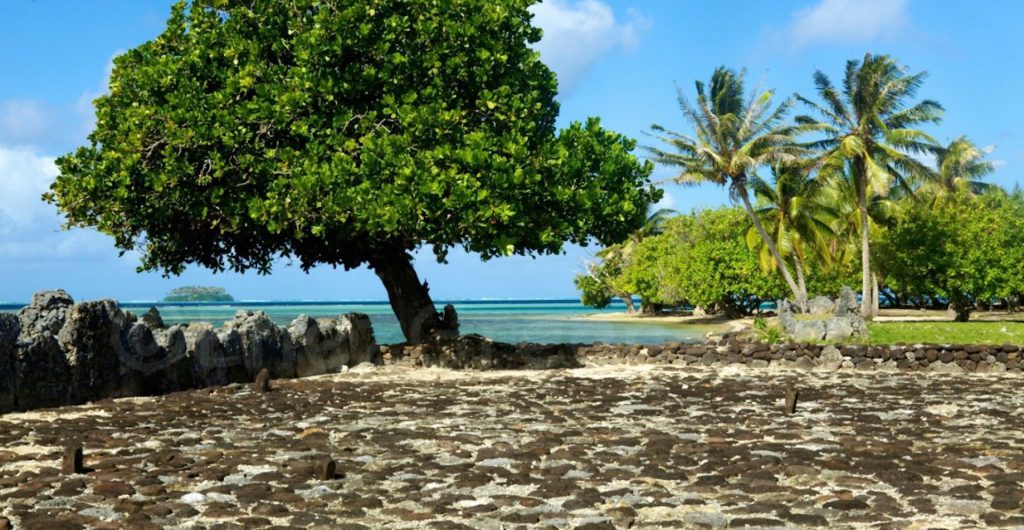The world’s smallest polluters are paradoxically the most threatened by the adverse effects of climate change
“That commitments, which could be made at the next post-Kyoto global summit in Paris in December 2015, contain global warming below 1.5 degrees Celsius by 2100.”
This is the stated goal of the Heads of Government of French Polynesia, Tonga, Samoa, Cook Islands, Niue, Tokelau and Tuvalu, gathered on the famous sacred site of Taputapuatea, in Raiatea, French Polynesia, during the official signing a joint statement called “Polynesians Against Climate Threats – Polynesians Against Climate Threats” to voice their opposition to climate change that directly threatens this Pacific region.
While their countries are among the smallest polluters on the planet, they are also the ones most at risk from the adverse effects of climate change and global warming.
In their statement “PACT”, Polynesian leaders once again emphasized “intensification of extreme weather events, loss of territorial integrity, displacement of populations, which are already faced by some islands Polynesian or the attacks on the natural and cultural heritages”.
If the little ones can do it, you can too
The Marshall Islands archipelago hopes to reach – 45% by 2030, to arrive at a neutral emissions report by 2050 Emissions from this state of 68,000 inhabitants reached their peak in 2009. The country intends to go further by strengthening in the solar, but also wind, biofuels and a marine thermal energy project, he explains.
“Since the oil shock of 2008, the Marshalls have taken some of the strongest action in the world on renewable energy and energy efficiency” said Tony de Brum, Minister of Energy foreign affairs, before adding: Our message is simple If one of the smallest, poorest and most geographically isolated countries can do it, then so can you.”
The states, in 2009, set themselves the goal of keeping the world below +2°C, with scientists already predicting strong impacts at +1.5°C on ecosystems and societies. The world has gained 0.8°C compared to the level before the Industrial Revolution, and if nothing is done, first to reduce the consumption of fossil fuels, the rise is moving towards 5 to 6°C, according to the 2014 report of the Intergovernmental Panel on Climate Change (IPCC).



